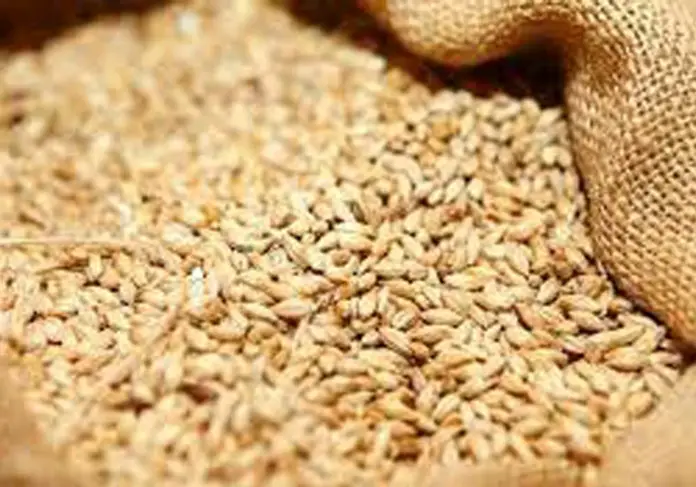The federal government has approved the Punjab government, led by Chief Minister Maryam Nawaz, for the acquisition of an extensive 2 million tons of wheat.
This decision serves as a significant relief for the Punjab administration, which has been encountering logistical hurdles in securing the necessary grain amid mounting pressure from various farmers’ associations.
Responding to the urgent situation, the Ministry of Finance has sanctioned a substantial loan of Rs. 552 billion to facilitate Punjab’s wheat procurement process. In an official communication to the State Bank, the Ministry of Finance has emphasized the need for expediting the issuance of this wheat loan.
Insiders within the Ministry of Finance have disclosed that a significant portion of the approved amount, totaling Rs. 196 billion, has been specifically allocated for the procurement of 2 million tons of wheat. Additionally, Rs. 356 billion has been earmarked for the rollover of existing wheat loans, further enhancing the financial mechanisms crucial for sustaining Punjab’s agricultural sector.
Sources also indicate that the loan approval dossier was submitted to federal authorities over a month and a half ago, highlighting collaborative efforts to navigate bureaucratic procedures effectively.
Furthermore, details from the Ministry of Finance shed light on the terms of the new wheat loan, featuring a 22 percent rate markup aimed at striking a balance between financial sustainability and operational efficiency. The competitive bidding process witnessed active participation from various banking institutions, including Punjab Bank, demonstrating a collective commitment to strengthening Punjab’s agricultural resilience.
Amidst these developments, it is notable that Kissan Ittehad has announced nationwide protests beginning May 10 in response to the government’s perceived failure to procure wheat from farmers. Khalid Mahmood Khokhar, Chairman of Pakistan Kissan Ittehad, expressed dismay over the dire situation faced by farmers, emphasizing the necessity of government procurement to address their concerns.
Khokhar outlined the protest plan, which includes symbolic funeral prayers for agriculture followed by a march to Lahore, attracting farmers from across the country. He highlighted the significant financial losses incurred by farmers due to low wheat prices and criticized the government’s prioritization of wheat importers over local farmers.
Expressing concern over the outflow of foreign exchange and the exorbitant prices of urea fertilizer, Khokhar demanded accountability for those responsible for the financial distress faced by farmers.







